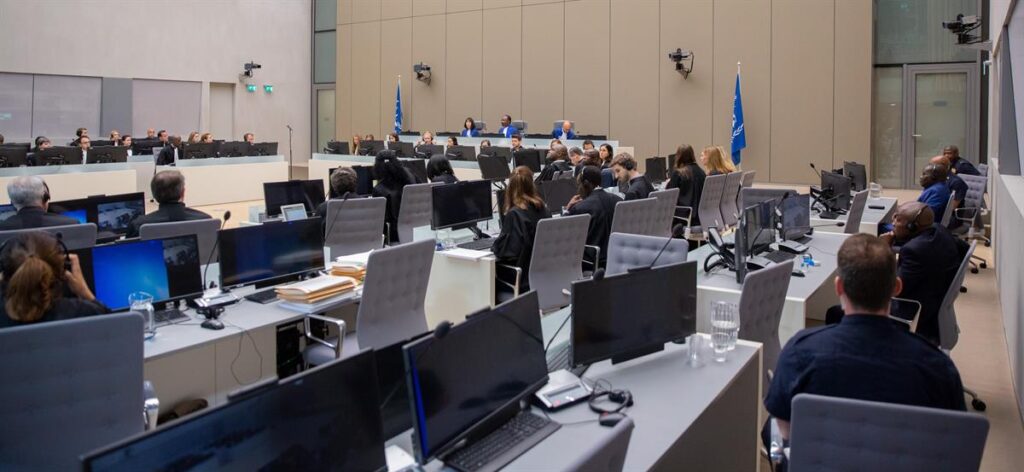About the Court

«This cause … is the cause of all humanity»
Former United Nations Secretary-General Kofi Annan
About the Court. The Court is participating in a global fight to end impunity, and through international criminal justice, the Court aims to hold those responsible accountable for their crimes and to help prevent these crimes from happening again.
The Court cannot reach these goals alone. As a court of last resort, it seeks to complement, not replace, national Courts. Governed by an international treaty called the Rome Statute, the ICC is the world’s first permanent international criminal court.
Towards stability and lasting peace
Justice is a key prerequisite for lasting peace. International justice can contribute to long‐term peace, stability and equitable development in post‐conflict societies. These elements are foundational for building a future free of violence.
The fight against impunity continues
By supporting the Court, the countries that have joined the Rome Statute system have taken a stand against those who, in the past, would have had no one to answer to after committing widespread, systematic international crimes. The ICC calls on all countries to join the fight against impunity, so that perpetrators of such crimes are punished, and to help prevent future occurrences of these crimes
Facts and Figures
About the Court
Today the Court has:
Over 900 staff members: From approximately 100 States.
6 official languages: English, French, Arabic, Chinese, Russian and Spanish.
1 ICC Liaison Office to the United Nations in New York and 7 ICC Country Offices in Kinshasa and Bunia (Democratic Republic of the Congo, “DRC”); Kampala (Uganda); Bangui (Central African Republic, “CAR”); Abidjan (Côte d’Ivoire); Tbilisi (Georgia); and Bamako (Mali).
2 working languages: English and French.
Headquarters: The Hague, the Netherlands.
2021 budget: €148,259,000
There have thus far been 30 cases before the Court, with some cases having more than one suspect.
ICC judges have issued 35 arrest warrants. Thanks to cooperation from States, 17 people have been detained in the ICC detention centre and have appeared before the Court. 13 people remain at large. Charges have been dropped against 3 people due to their deaths.
ICC judges have also issued 9 summonses to appear.
The judges have issued 10 convictions and 4 acquittals.